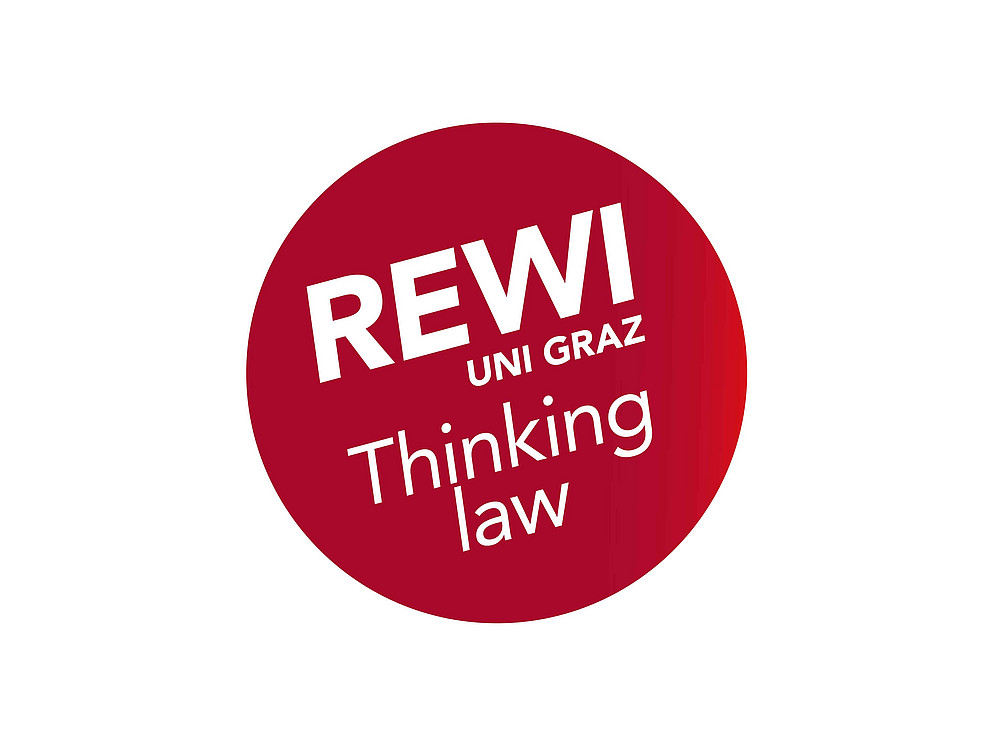
Nina Kaiser
As project manager, Nina Kaiser is the "engine" of the ZiK, constantly crossing borders in her work due to her research focus in the field of interdisciplinary criminal sciences. The focus of her work is on building bridges between the disciplines relevant to the investigation, explanation, prosecution and prevention of criminal acts, for which she not only crosses disciplinary boundaries, but also national borders. It therefore ensures the necessary "thinking outside the box" and brings interdisciplinarity and internationality to the ZiK. The networking of science and practice is particularly important to her. The "Graz" criminal sciences, coined by Hans Gross at the beginning of the 20th century, are always kept in mind as a foundation.
- ZiK/VKÖ (Hg.): DOKUMENTE Kriminalistik Symposium 2022. Spuren in die Zukunft. Graz. Unipress Verlag. Graz University Library Publishing. 2022.
- Kaiser, Nina: Forensic criminology, risk assessments and the prevention of recidivism - An introduction to a genuine idiographic method. Journal of Criminology and Criminal Law. 2022/3. 7-20.
- Kaiser, Nina: Hans Gross und der Kriminaldienst. Zur Bedeutung der kriminalistischen Aus- und Fortbildung damals wie heute. SIAK – Journal. 2022/2. 82-97.
- Kaiser, Nina: Zur (Un-)Freiheit der Kriminalwissenschaft(en). In: Christian Bachhiesl, Markus Handy, Stefan Köchel, Ursula Lagger und Peter Mauritsch (Hg.): Freiheit und Wissenschaft. Weilerswist. Velbrück Wissenschaft. 2022, 308-338.
- Kaiser, Nina: Das Hans Gross Zentrum für interdisziplinäre Kriminalwissenschaften (ZiK). Einblicke und Ausblicke. In: Die Polizei - Fachzeitschrift für die öffentliche Sicherheit mit Beiträgen aus der Deutschen Hohschule der Polizei. 2023/3. 2023. 84-87.
To the complete list of publications in the research portal of the University of Graz
►Intuition in criminal proceedings ? Should I pack an umbrella? Take out insurance? Our lives are full of prognostic decisions that require us to weigh up numerous factors. The criminal justice system must also face such challenges, for example when examining the likelihood of an offender reoffending and making suitable interventions to prevent future crimes. The law provides the courts with a way to do this. But what factors are actually taken into account in these decisions? Can legal knowledge and experience provide sufficient expertise for such important decisions?
►Reuniting two masters of evidence: Hans Gross and John Henry Wigmore, is a research project funded by the Botstiber Institute of Austrian-American Studies that examines the connection between the Graz-based "father of criminal science" Hans Gross and the American pioneer of modern evidence law John Henry Wigmore. In particular, the project aims to use archival research at Northwestern University Chicago (Illinois, USA) to provide insights into the (presumably underestimated) influence of Austrian criminal science on US developments (and vice versa) in the early 20th century
►COVIOCRIM - Building strength and commitment to counter violent crime, is an APPEAR- preparatory funding project that aims to establish a long-term cooperation between the ZiK and the Institute for Comparative and European Criminal Law at New Vision University Tbilisi (Georgia), supported by the Clinical Forensic Investigation Unit (Violence Outpatient Clinic) of the Forensic Medicine Department at the Medical University of Graz. It is intended to serve as a platform for the exchange of experience and the development of non-university certificate courses for stakeholders in the field of violence prevention, particularly with regard to violence in the social environment against women and girls.
